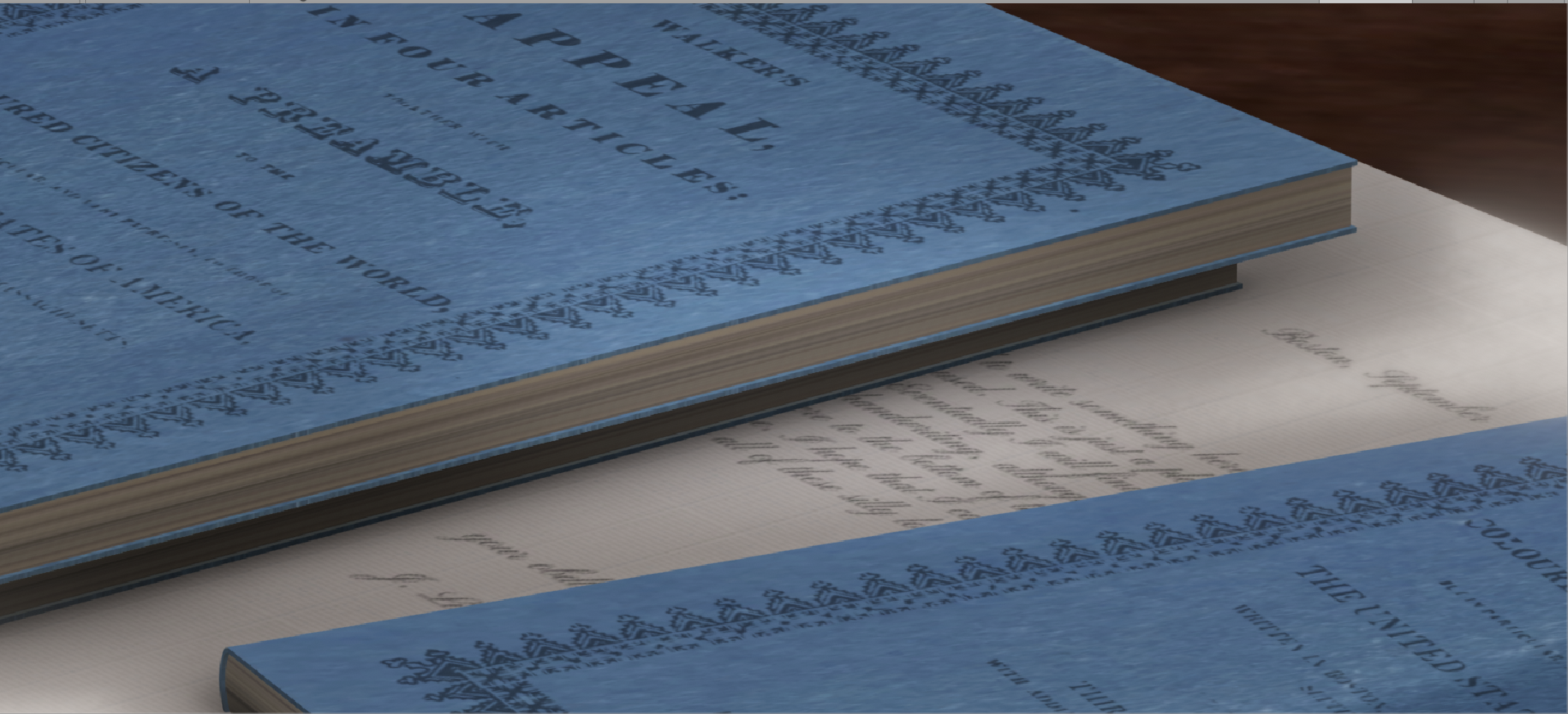What is this project, and what have we been up to?
While we have decidedly more formal ways of narrating this project, we thought we’d start by explaining how this project got started at Northeastern. Both myself and Angel David Nieves are new faculty as of the 2020-1 academic year; we had known each other from other collaborations that included the Immersive Pedagogy Symposium and a special issue of the Journal of Interactive Technology and Pedagogy. We’re going to be leading some spaces here that we thought had synergy; the a 3D/VR Lab for humanists (Linker) and the Social Justice Studio (Nieves). In the fall semester we sat down and thought through what we could work on together — and so we came up with 3D Black Boston, a project that uses immersive technologies and historical research to recreate sites related to Boston’s historical African American community on Beacon Hill. The first phase of the project examines this space prior to the Civil War and the pilot spaces associated with David Walker, the radical Black abolitionist. We want users to think about the long history of systemic racism in our society, and so I like the idea of looking at Boston, a stronghold of abolition, to show just how pervasive it was. Students sometimes have difficulty realizing that abolition and systemic racism co-exist, and that yes, people who supported ending slavery espoused racism in a range of different ways. At the same time, the African American community in Boston created spaces for themselves in response. We want to tell those stories.
When we say we want to use immersive technologies, we mean that we want to produce virtual reality museums that reconstruct a particular moment in time. Think 3D house museums — you’ve probably been to a historic home that’s been interpreted to reflect a moment or period in time. The nice thing about doing this work in VR is that we can recreate objects and spaces that no longer exist or provide interpretation for places that do, but present obstacles to doing this work. David Walker’s residence at 8 Belknap Street (now 81 Joy) no longer exists, and we’re pretty excited about the possibilities of recreating it digitally.
Thanks to support from Northeastern University, we have several students learning how to conduct historical research, build 3D models, and put everything together. This space will be updated as we progress! Look forward to hearing more from us soon.
